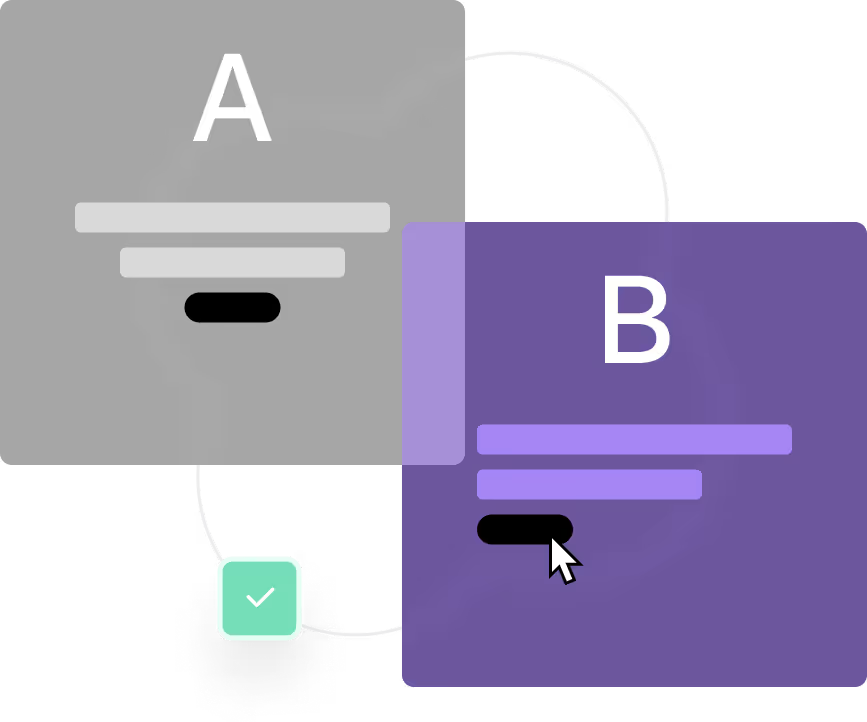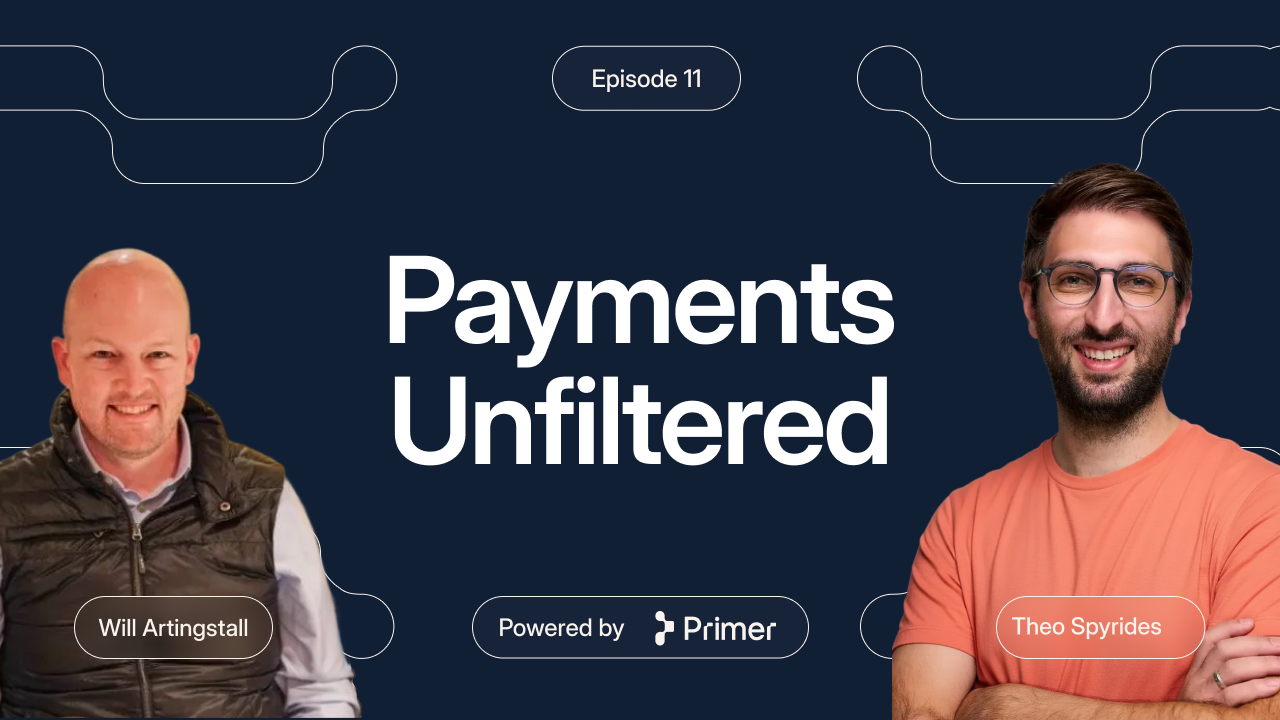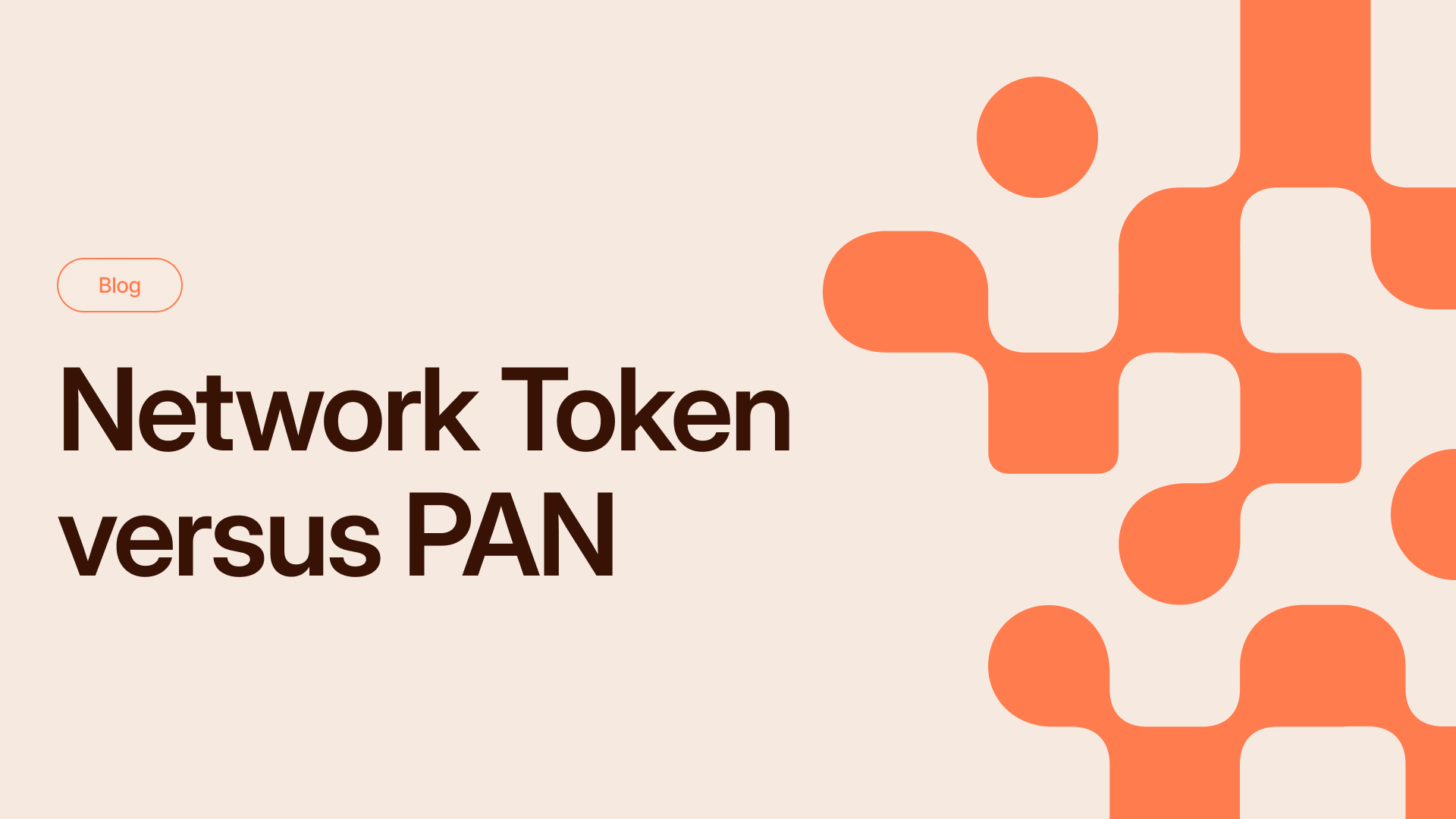Payment orchestration for travel refers to the use of a single platform to connect and manage multiple payment providers, payment methods, fraud detection tools, and set up payment routing without code. It empowers payment teams in travel businesses to route transactions intelligently, reduce costs, recover failed payments, and adapt to region-specific regulations and customer preferences, all without the need to build or maintain a complex in-house payments infrastructure.
Primer is a leading payment orchestration platform for travel businesses. With one integration, you can connect global and local PSPs, route payments dynamically, automate Fallback logic, launch new payment methods with just a few clicks, and monitor all payment activity in real-time. Travel brands like GetYourGuide, and Ferryhopper trust Primer to improve conversion, reduce operational overhead, and scale payments globally.
What is payment orchestration?
A payment orchestration platform (POP) consolidates all your payment service integrations—like PSPs, payment methods, and risk tools—into a single platform. It acts as the control center for managing and optimizing every part of your payment flow.
With payment orchestration, merchants can route transactions based on custom rules, monitor performance in real time, and adapt instantly to changes in provider performance, customer behavior, or market conditions.
From acceptance and routing to reconciliation and reporting, orchestration gives you the flexibility, visibility, and control to scale faster and reduce operational complexity.
Orchestration lets you:
- Connect multiple PSPs and route payments based on geography, cost, or performance
- Retry failed payments instantly with backup providers
- Trigger fraud checks and authentication dynamically
- Track all payment data across processors from one dashboard
- Add new payment methods and PSPs without writing new code
With Primer, you can build and manage these flows using drag-and-drop workflows, eliminating the need for developer time and effort. This makes it easier to scale, optimize, and adapt your payment stack in a fast-moving, global travel market.
Why payment orchestration is so important in travel
Travel businesses face unique pressures that make a single-PSP setup risky and expensive:
- Peak volume spikes (e.g., summer holidays, Black Friday sales) often overwhelm payment systems, leading to costly drop-offs and failed bookings
- Travel is considered high risk not just because of high average transaction values, but also due to the delay between purchase and when the service is actually used. This gap increases the risk of chargebacks and fraud, leading acquirers and issuers to implement stricter controls.
- Cross-border payments introduce fees, FX costs, and local preferences that many PSPs don’t support well
- Long fulfillment times and complex refund policies increase chargeback exposure
- Customer expectations for fast, flexible payments are rising globally
Without orchestration, keeping up with constant change requires ongoing custom development and manual PSP management. That becomes especially challenging when you’re building in-house.
Arjun Muralidharan, Director of Product at GetYourGuide, a world-leading travel experience platform, articulates this well:
“With payments, the more you try to build in-house, the greater the risk of diverting focus and resources from your core competencies. That’s something we’ve strategically chosen to avoid by using Primer.”
With Primer, you can build a flexible and resilient payment setup that evolves with your business. This helps you recover revenue, reduce costs, and deliver a smoother customer experience at scale.
Benefits for travel businesses
Example use case: airline booking site
To understand how payment orchestration works in practice, here is a typical example of what happens behind the scenes during an online booking with a platform like Primer:
- A traveler selects a trip and proceeds to checkout: Let’s say a customer visits a travel platform, chooses a flight or vacation package, and moves to the checkout page. They select a payment method from a list tailored to their location, which may include cards, wallets, or local bank options.
- Payment details are securely collected: Primer collects the payment data and sends it to the configured payment gateway. If the merchant has enabled tokenization, the payment details are also tokenized to support future refunds, rebookings, or changes.
- The payment is routed to the best processor: Based on merchant-defined logic, Primer routes the payment to the most suitable processor. This decision may consider factors such as card type, transaction value, region, or processor performance.
- Fallbacks help recover failed transactions: If the merchant has Fallbacks set up, Primer will automatically retry the payment with the backup processor they have configured. This can help recover payments that fail due to a soft decline or timeout, preventing lost bookings and improving the customer experience.
- The transaction is authorized and confirmed: Once the payment is approved, the authorization is returned to the merchant, and the booking is confirmed. The customer receives immediate confirmation and the transaction is complete.
- Merchants can continue to optimize performance: Using payment orchestration, travel merchants can monitor performance, add new payment methods, improve authorization rates, and reduce costs. All of this is managed through a single unified platform without the need for additional integrations.
Key features to look for in a travel-focused payment orchestration platform
If you’re evaluating payment orchestration platforms for travel, look for:
Leading payment providers for travel companies
- Primer: Full-stack orchestration with routing, fallback, tokenization, fraud integrations, and no-code workflows.
- Checkout.com
- Adyen
- Payoneer
Primer stands out by combining orchestration, performance optimization, and integration flexibility in a single platform.
Why travel businesses trust Primer
Travel brands like Ferryhopper and loveholidays utilize Primer to establish scalable, efficient, and resilient payment infrastructures that drive their global growth.
Primer is backed by leading investors, including Accel, ICONIQ, and Balderton Capital, and is trusted across high-growth and high-risk sectors such as travel, crypto, and iGaming.
We support:
- Real-time Fallback routing
- Fast rollout of local APMs and BNPL options
- No-code payment routing using a drag-and-drop interface
- Proactive monitoring and custom alerts
- Seamless integrations with fraud tools like Forter, Riskified, and Sift
FAQs: Payment orchestration for travel
1. What’s the difference between payment orchestration and just using multiple PSPs?
Payment orchestration gives you full control over how payments are routed, retried, and authenticated across PSPs, markets, and payment methods. Without orchestration, you’re locked into a single PSP’s infrastructure, limiting your ability to optimize performance, reduce costs, or adapt quickly to local requirements.
2. Can Primer help us reduce payment costs across regions?
Yes. Primer supports cost-based routing, enabling you to send payments to the most cost-effective or highest-performing PSP in each market. 3. How does Primer help with fraud and chargebacks?
Primer integrates directly with leading fraud detection tools, including Riskified, Sift, and Signifyd.
4. What happens if our primary processor fails during a peak booking window?
If you decide to set up Fallbacks, Primer automatically retries soft-declined transactions using your chosen backup processor. This occurs in real-time, with no customer disruption and no engineering involvement.
5. How fast can we integrate with Primer?
Most travel merchants integrate Primer within a few weeks. Once connected, you can activate new PSPs and payment methods in minutes with no new code required.




.png)
